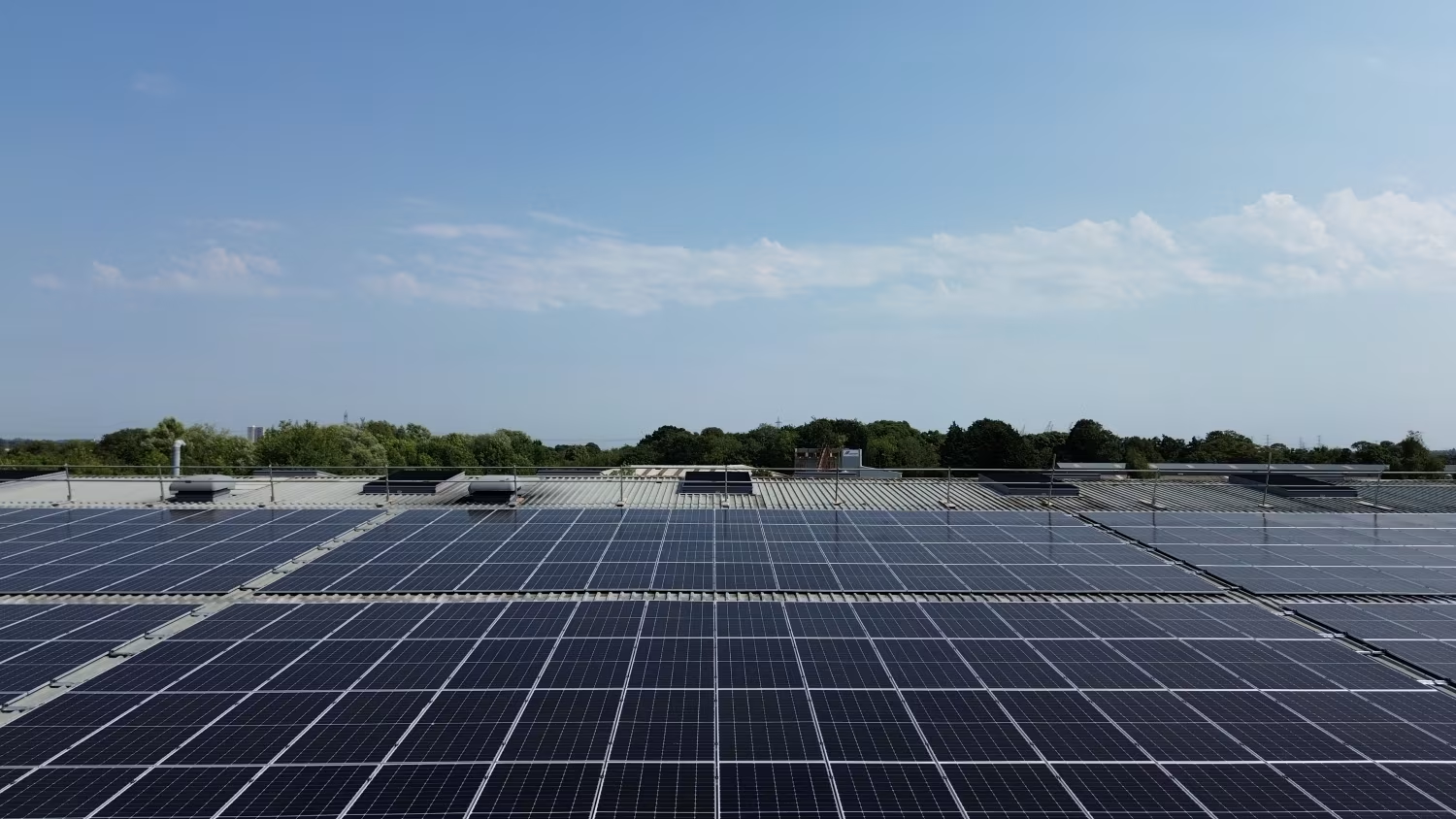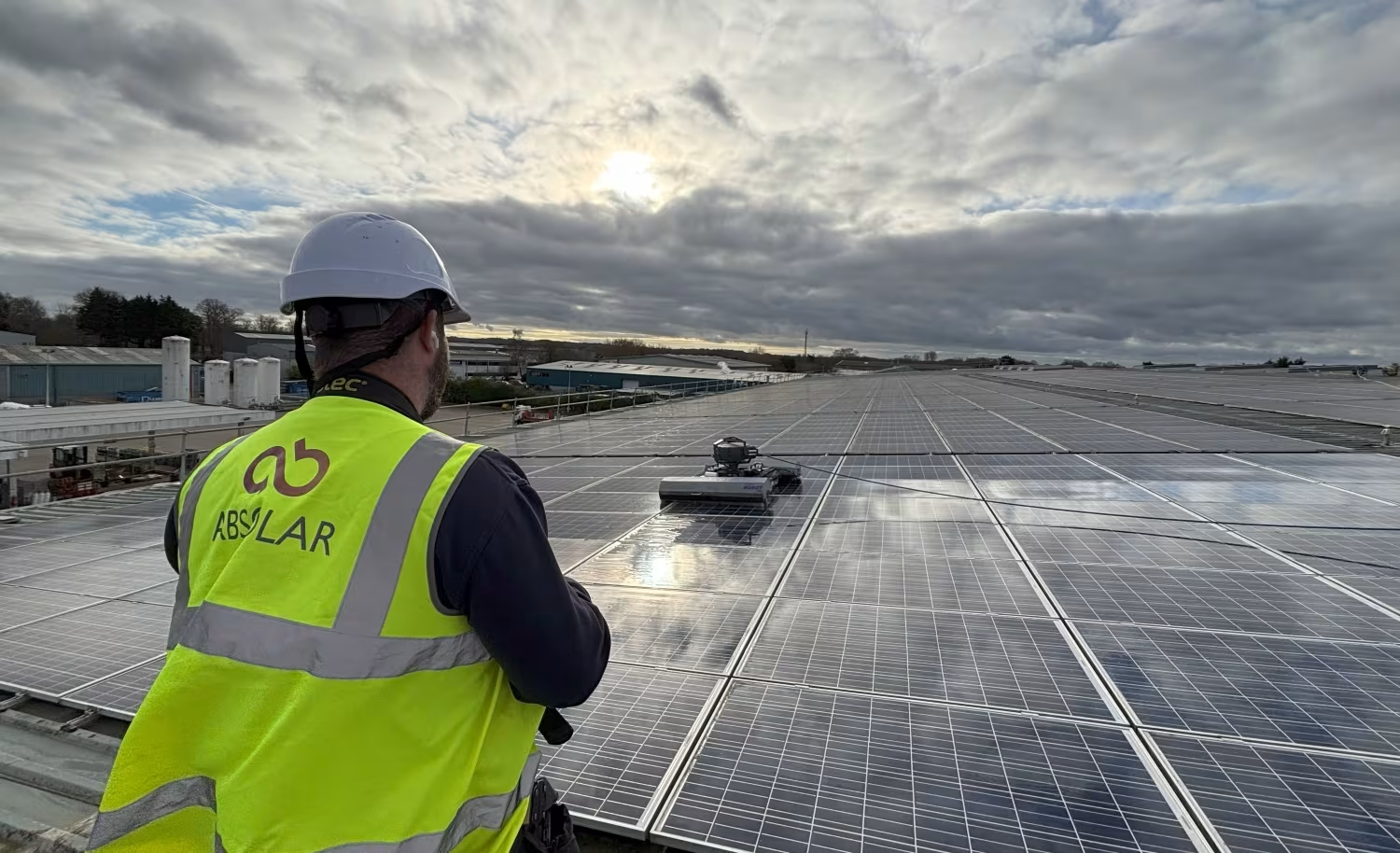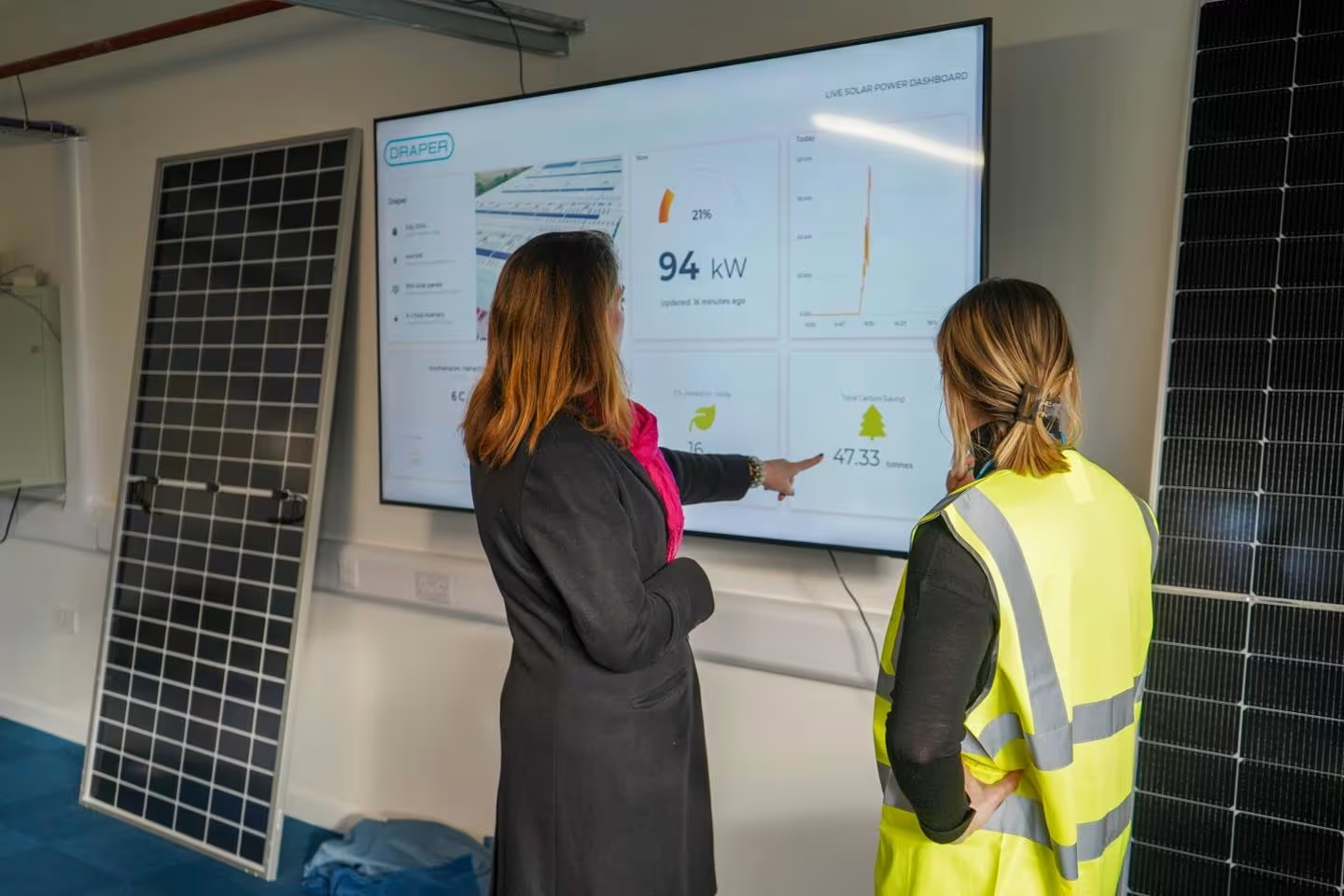
In a milestone moment for the energy transition, renewable power generation has now surpassed coal as the world’s largest source of electricity. This shift marks a decisive turning point in how energy is produced, distributed, and consumed globally.

Several interlinked trends have made this shift possible:
The cost of deploying solar panels, wind turbines, and battery storage has plummeted over the past decade.
Renewable technologies are no longer niche; they are mainstream, scalable, and competitive.
At the same time, digital innovation is making it faster and easier to identify viable opportunities for solar.
Absolar’s remote survey technology has already been used by over 2,000 businesses across the UK, accurately assessing roofs and uncovering more and more buildings suitable for solar generation.
By combining advanced AI with LiDAR data, this approach helps organisations understand their solar potential with precision, accelerating adoption and making the transition to clean energy more accessible than ever.
Many governments have committed to net-zero targets and are enacting incentives, subsidies, tax breaks, and regulations to favor renewables over carbon-intensive sources.
Absolar has been working closely with several local authorities, including Eastleigh Borough Council and Test Valley Borough Council, to help local businesses access reliable solar information and financial support.
Through these partnerships, more organisations are discovering how clean energy can reduce costs, cut emissions, and contribute to regional sustainability goals, turning policy ambition into practical local action.
Both public and private capital have poured into renewable infrastructure.
Large-scale projects, particularly in China, Europe, India, and North America, have pushed total capacity to new highs.
In the UK, financial institutions are playing a vital role in supporting the growth of clean energy.
NatWest, a close partner with Absolar, has launched programmes to help businesses secure asset finance for solar and other renewable technologies, making sustainable investment more attainable for companies of all sizes.
Initiatives like this, combined with practical support from organisations such as Absolar, are enabling more businesses to act on their sustainability ambitions and benefit from long-term energy savings.
Coal plants are aging, often inefficient, and face growing environmental and regulatory pressures. In many places, coal is being phased out or used only as backup generation.

The dominance of renewables introduces new challenges in grid management, given the intermittent nature of solar and wind.
More flexibility, storage, demand-response, and grid modernisation are essential.
The ability to integrate large volumes of renewables will test transmission infrastructure, dispatch systems, and regulatory frameworks.
This is why a grid application is the first step in any solar project.
It involves obtaining an official assessment of the local grid’s capacity and securing permission to connect renewable energy generators, such as solar PV systems.
This process ensures that new installations are integrated safely and effectively, supporting both system reliability and long-term network stability.
The growing demand for renewables is creating major opportunities for businesses to reduce costs, cut emissions, and strengthen energy resilience.
But as solar adoption accelerates, it’s increasingly important to begin with reliable information.
Understanding a building’s solar feasibility upfront helps avoid suboptimal system design or installation issues that could limit performance for decades.
Solar is a long-term investment, and success depends on choosing the right partner who can provide accurate assessment, high-quality installation, and ongoing support.
With the right insight and guidance, businesses can unlock the full potential of clean energy while ensuring their systems deliver dependable returns year after year.

Absolar delivers solar projects that begin with clarity, ensuring that roofs and panels are ready to perform together for the long term.
To learn more about how we integrate roof assessment, restoration, and solar installation into a seamless process, contact our team today.
📍 Visit us: Engineering Centre, Southampton Science Park, Southampton, SO16 7NP
📞 Phone: 02382 680 106
✉️ Email: info@absolar.co.uk
🌐 Website: www.absolar.co.uk
👉 Or use our AI-powered solar calculator to request a Remote Solar Survey report for your property.
Follow us for updates: LinkedIn